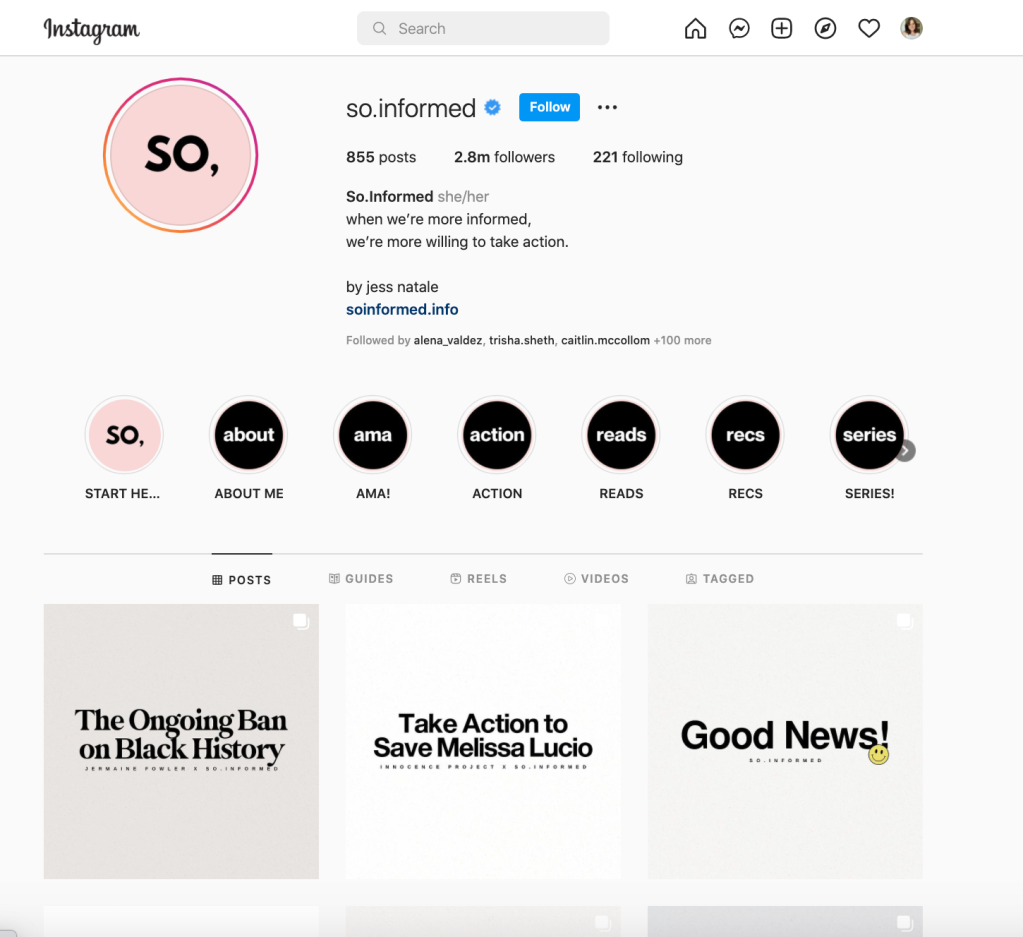

I was awed by a 2020 online journalism piece by Henry Fountain and Jeremy White. In our current society, we have a hard time conceptualizing the extent and magnitude of climate change. This article, titled “Rising From the Antarctic, a Climate Alarm,” is enlightening and impactful. Rather than explaining the Antarctic’s ice melt in complex terminology, the New York Times interactive journalism team created a way to view the science behind this climate crisis. The article clearly states “Wilder winds are altering currents. The sea is releasing carbon dioxide. Ice is melting from below.” Although those words are alarming, readers cannot understand the extent of them until watching the article’s visuals. Most readers have no way to visit the Antarctic, and even if they could, it’s impossible to view the vastness of the ice melt, or understand it in its entirety. This simplified scientific interactive demonstrates how currents are circling Antartica and melting certain ice shelves. The interactive zooms in so that you can see the melting happen. As Antartica melts from the bottom, sea levels rises and release carbon dioxide into the atmosphere that has been trapped for years. It’s an excellent example of online journalism.
Nevertheless, not all online journalism is trustworthy. The 2020 Vox article, “How social justice slideshows took over Instagram,” reflects what I see online on a day to day basis. As an Instagram user, you can no longer escape the constant infographics that cloud your feed. From graphics explaining “Biden’s Supreme Court Shortlist,” to colorful cartoons about mental health, these simplified, blunt and witty posts are crowding our feed. Despite their occasional benefit to society, these posts are not representative of online journalism. I want to call attention to pages such as “so.informed,” a verified account with 2.8 million followers. The most recent posts on the page include a slideshow about “The Ongoing Ban on Black History,” and “International Holocaust Remembrance Day.” Although these posts bring awareness to significant issues, they are not sourced in a traditional journalistic way. The creator, Jessica Natale, formed “so.informed” after volunteering for Bernie Sanders, not after training to be a journalist. She is an activist; she is probably not, however, aware of the Society of Professional Journalist’s standards. It doesn’t make her posts less important, but they are often opinion-based, persuasive calls-to-action rather than informative, journalistic pieces. The page even has its own merchandise. Although it’s essential to give citizens a platform to express their thoughts, we must be careful about checking the sources of these posts, which are often summed-up and dumbed-down explanations of large and complex issues.